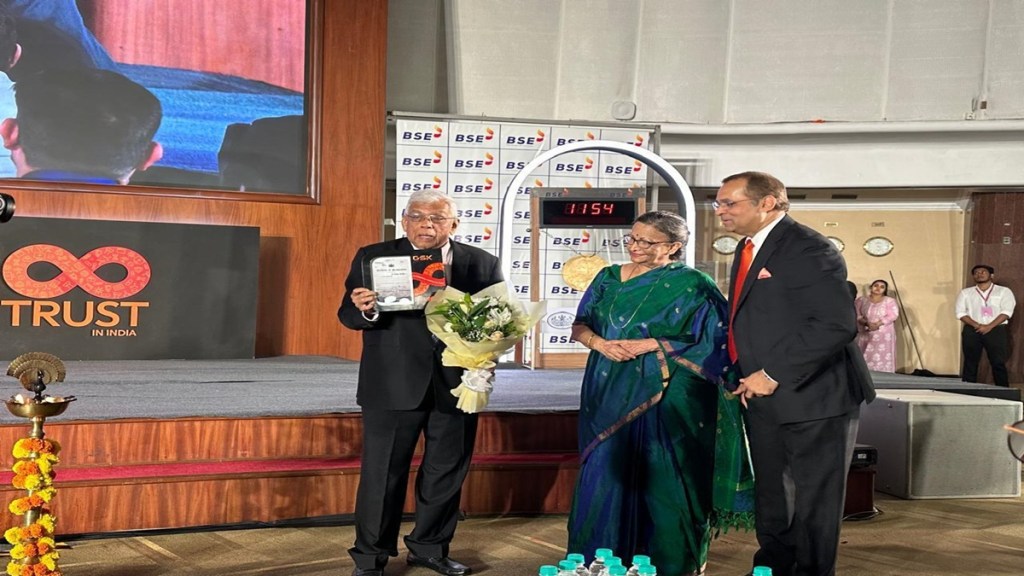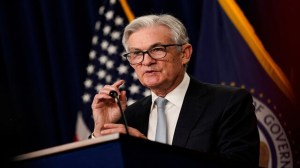Deepak Parekh, an architect of India’s private financial system and to many entrepreneurs a lodestar on corporate ethics and governance, prefers being a quiet listener than be the one to edify. But when invited by GSK on Tuesday, November 12th to mark the completion of the company in India, Parekh’s address to the gathering had some pithy pearls of wisdom.
Delighted on the completion of 100 years in India by GSK, a company he had been associated with 25 long years, he said: “I am so proud to have had such a long association with this company and privileged to have chaired the board for 20 of the 25 years.” He cautioned: “We live in an era where the average lifespan of a company is rapidly shrinking. Statistics show about half a century ago, the average lifespan of a company was 60 years. Today, it has shrunk to under 20 years.” GSK India he felt, stood tall, “defying this trend only because it has consistently stayed ahead of the curve, innovated and has been unwavering in its commitment to bring high quality medicines and vaccines to its consumers.” He underlined the company’s “culture of integrity, accountability and strong emphasis on governance which has held it in good stead over the years.”
He said, “as illnesses became more complex and childhood diseases more potent and prevalent, GSK’s strategy to research and propagate pediatric cures became the byword for health professionals to administer. Vaccines, antibiotics and more weighty formulations became available to treat and in some cases prevent both rudimentary and more deadly infections.”
To him, GSK India was “in essence one of the pioneers of the ‘Make in India’ movement.” During these 100 years, GSK India, he said, “has always been one of the market leaders in India, being a pioneer among MNC pharma companies in India and is the 2nd largest MNC pharma company by sales today. Four of its brands are a part of the top 40 brands in India. Multiple GSK India brands hold leadership positions in their respective categories. Its flagship product, Augmentin has been a flagbearer, being the highest selling medicine brand in India for many years.”
Right strategy for India
To Parekh, what is now critical for the leadership of GSK “is to identify the right strategy for the India of today. Every large global MNC wants a slice of the India market, being the fastest growing major economy in the world. To be a leading biopharma company, one needs a judicious blend of science, technology and talent – none of which is lacking in India today.”
Referring to aspects typical to India, he said, “India has the world’s largest population and has huge unmet needs in medicines. Reaching the masses with the right medicines fulfils a social cause and attains the shareholders’ objective of being profitable. Increasing health awareness and prevention checks, higher access to medicines, shift in demographics such as a larger aging population, improving health infrastructure and growing per capita incomes are some of the factors that are driving the Indian pharma sector’s growth.”
The aspirations for India “will keep rising together with the aspirations of the Indian pharma industry, as it aims to be a US$ 450 bn sector by 2047 as envisaged for India@100. India will continue to capitalise on being the ‘pharmacy of the world’. I do believe that going forward, India will be at an interesting crossroad, with opportunities in both, patented and generic medicines. While generics may dominate due to cost advantages and meeting needs of a developing economy, there is a growing thrust towards innovation and original drug development.”








